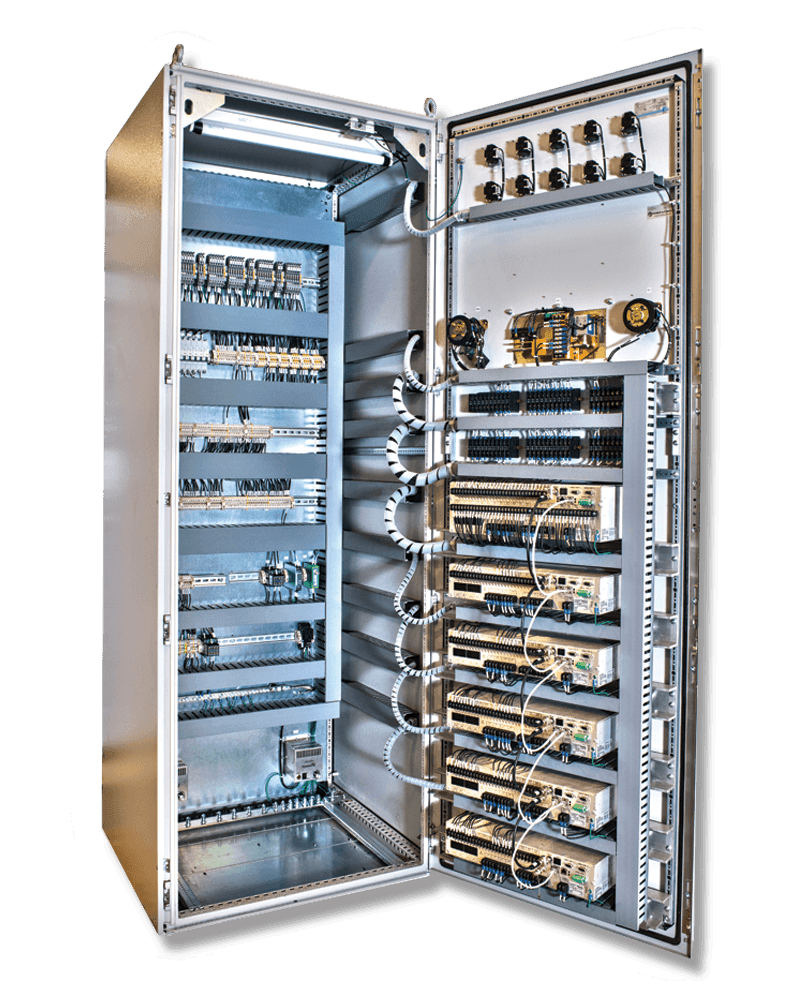Preventive maintenance is the best approach when it comes to ensuring higher uptimes, greater productivity and maximizing motor efficiency. Unscheduled downtime in plant operations can lead to loss of business and lower client confidence, therefore having preventive schemes in place can alleviate such issues, while extending the motor’s life.
In order to develop a preventive maintenance program and put it in place, protocols need to be followed, including trained staff, proper tools and equipment. The equipment that needs to be maintained must also be considered, and the program must be tailored to its needs.
When devising a plan, consider factors specific to the motor in question. For instance, monitor the motor’s components for unusual sounds and high temperature through temperature and vibration sensors. The data obtained from such sensors would give you a precise insight into the requirements of the maintenance program, and its frequency.
Lubrication
This should be an essential item in your maintenance program. Lubrication should be carried out according to instructions from the manufacturers. Oil reserves should be checked on a regular basis. In poorer environments, oil should be changed at least once a month, but never over-lubricate as it could deteriorate the windings and insulation.
Bearings
The motors whose duty cycle is altered frequently must be checked for damaged bearings on a regular (at least weekly) basis using infrared scanners, vibration analyzers or a stethoscope. The bearings’ temperature must be checked through a thermometer, preferably after frequent intervals so that a trend can be identified.
Belt Tension
Sheaves with little or no play must be fastened firmly, and belts should have about 1 inch of play. Excessive noise should be checked at all times, and if found, an alignment check should be carried out on motor-gen sets and load couplings.
Brushes and Commutators
All brushes should fit properly within the brush holders and should be of the proper hardness and conductivity. The spring pressure of brush holders should be 2 – 2.5 lb/sq inch of the brush’s cross-sectional area. In the event of excessive brush chatter, arrange technical support from the manufacturer.
Vibrations
The mountings of a motor are susceptible to warping when left unchecked for extended periods of time. At least on an annual basis, perform vibration analysis test through portable instruments rather than through manual hand detection, so the source of the problem can be identified correctly, and impact on the motor’s life span can be limited.
Temperature
Pollutants can build up in dirty operating environments quite easily. The simplest way of getting rid of this problem is through dry compressed air, as often as required. Excessive ambient temperature can shorten motor life. Best way to keep a check on this is by disassembling cleaning, testing and reconditioning them during off-peak months.
Maintain Records
Keeping accurate records of inventory and maintenance activities is extremely important if you want to ensure proper utilization of resources. All inspections should be documented in an analytic manner so that a conclusion can be drawn based on the readings. This will help the maintenance personnel pinpoint faults during the next round of inspection and keep the motors in a tip-top state.





